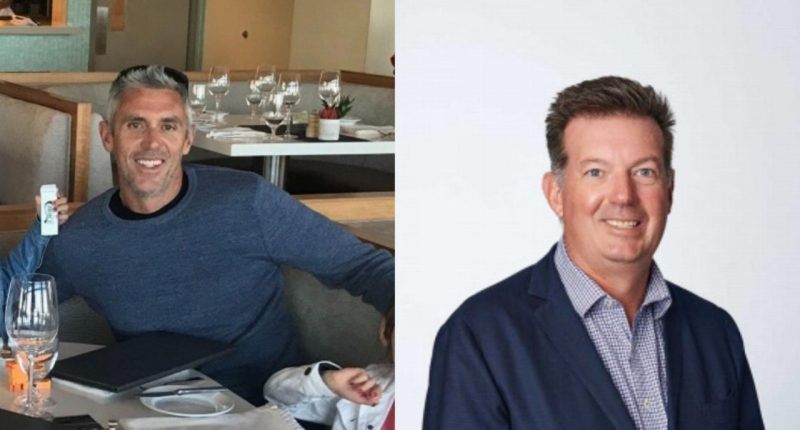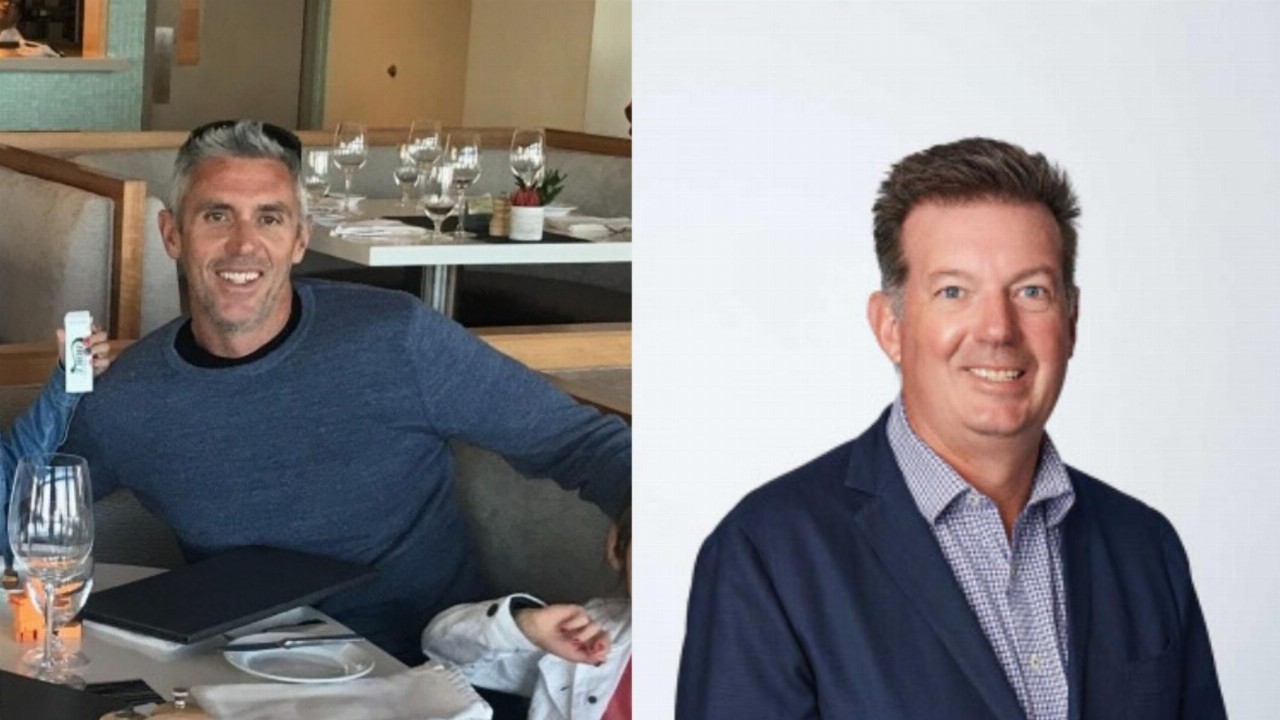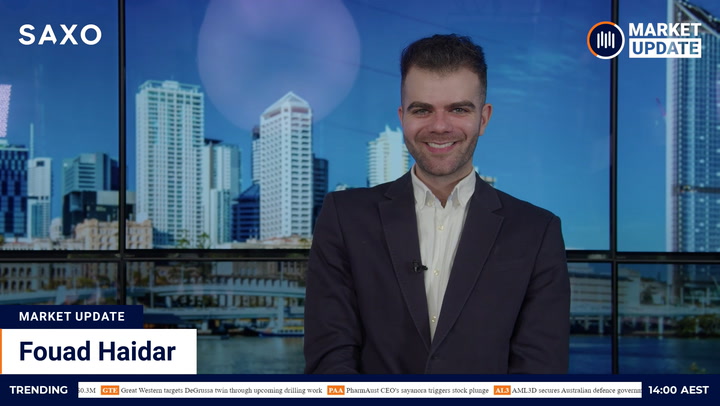Perth uranium heavyweight Grant Davey has told the Perth Supreme Court he discussed his spat with stockbroker Tim Kestell with Malawi Government ministers within hours of it erupting, causing Lotus Resources (LOT) to fear the Kayelekera uranium project it acquired several months earlier could be jeopardised.
Mr Davey has this week been defending a civil claim brought by Mr Kestell in relation to the stake Mr Kestell was to receive from the mine acquisition deal after bringing the opportunity in Malawi to Mr Davey’s attention in 2018.
The dispute arose when their oral agreement was to be formalised in writing on March 31, 2020 — following repeated requests for documentation from Mr Kestell. According to Mr Kestell, Mr Davey’s Bare Trust Deed and Side Letter contained “strange” conditions, some of which Mr Kestell claimed were unachievable.
Mr Davey told the Court he had discussed his disagreement with Mr Kestell with Ministers in Malawi by April 1 — the day after Mr Kestell first saw, and opposed, parts of the document.
He said the Malawian Ministers were “confused”.
He also told Mr Kestell he would inform shareholders, ASIC and the ASX.
Mr Kestell’s lawyer, Gary Cobby, put to Mr Davey: “You were threatening economic harm to what’s now Lotus Resources because Mr Kestell didn’t agree with you?”
“He was a director using his powers to get at me,” Mr Davey said. “I had no regard for Mr Kestell, the way he reacted to the Bare Trust and Side Letter. It was all about now.”
Earlier in the evening of April 1, 2020, as part of a heated chain of email and text correspondence, Mr Davey wrote to Mr Kestell: “You have never owned the shares mate, so don’t try and threaten me, it doesn’t work. I own the shares mate. I only work with those who are prepared to add value.”
Prior to the acquisition, Mr Davey, a mining engineer with extensive uranium experience, had arranged and attended a site visit for due diligence; he provided his company, Matador Capital, as a ‘vehicle’ and organised capital raising, and he continued working as an advisor post-acquisition.
Mr Cobby asked Mr Davey how Mr Kestell had threatened him.
“I was being threatened,” he said.
“He wanted to do away with me as an advisor.
“I had all the relationships there, all the relationships on site, all the relationships with the brokers.
“Here I am being told I am going to be dropped as an advisor: of course it starts to become personal at that stage, Mr Cobby.”
The following month, when Mr Kestell was attempting to discuss matters with Mr Davey over WhatsApp, Mr Davey threatened to take out a restraining order against Mr Kestell.
During questioning yesterday, Mr Cobby accused Mr Davey of re-constructing handwritten notes from meetings, and alleged one meeting — said to be at a café in June 2019 — did not occur at all. Mr Davey did not agree.
“I don’t keep a diary, Mr Cobby,” he said.
Tim Kestell alleges Grant Davey and associated companies owe him about $11 million — the amount which he claims is the value of his 4.5 per cent stake. He argues the shares were to be “unconditional”.
Mr Davey‘s position is that the stake was always to be “indirect”, relating to a Pty Ltd holding company, and that there were always going to be conditions around the allocation.
He told the Court he could not recall when Mr Kestell’s stake in the deal was first discussed, as he was in no rush.
“Without a completed deal, what was the use,” Mr Davey said.
“My big thing is that shareholder value is added for all and that the project becomes a success.”
Mr Kestell claimed that as early as September 2018, the men had agreed to share the benefits of a successful deal.
Mr Cobby put to Mr Davey: “He [Mr Kestell] said to you the two of you could split the rewards.”
“That might have meant a lot of things,” Mr Davey responded.
“You said that would be fine with you,” Mr Cobby said.
“Yes,” Mr Davey said.
Kayelekera was acquired in a $20 million deal made up of staged payments of cash and scrip in 2019, which included reimbursing Paladin Africa for its $10 million environmental bond.
Lotus Resources (LOT) has a market cap of $265 million, but it’s yet to produce uranium.
The company has a re-start cost budget of nearly $130 million and recently raised $25 million, which was almost all of its cash in the bank at the end of September.
Lotus Resources shares closed at 20 cents today.
The presentation of evidence in the trial concluded today, with closing arguments scheduled for later this month.








